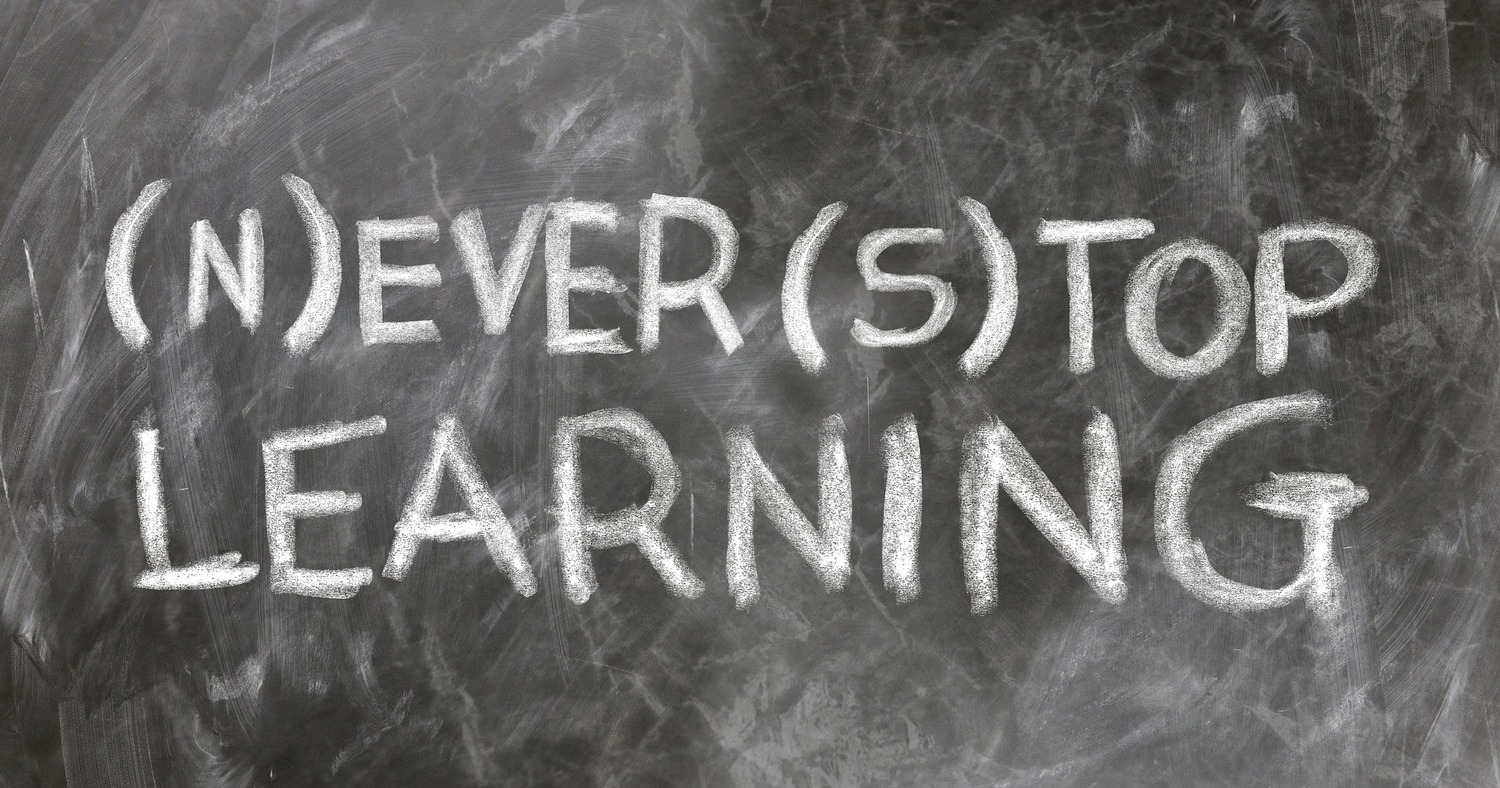Mindfulness and meditation have made their way into corporate environments widely all over the planet. We see more and more the rise of new courses, programs, initiatives, you name it. Their promise? Reduce stress, increase sense of calmness and help companies overcome the challenges of a volatile market.
The latter is my concern. Mindfulness and meditation are called to save the world of business from the disaster of employee disengagement (Gallup’s 2017 State of the Global Workplace report, 85% of employees are either not engaged or actively disengaged) and well-being. Companies are desperate to find solutions to cope with a disheartening picture of the workforce, and to my opinion, this is the real problem, coping.
I am not arguing against the benefits of mindfulness and meditation, I am inquiring about their use (or mis-use). When we see popping up meditation rooms in the most unimaginable places ask yourself: is this to counter-balance the challenges of a digital era hyperconnected, overly busy, constantly distracted and never sleeping? Or it is to sparkle the change of a business model no longer serving human kind? When we follow the first approach we treat this ancient practice as a “program” that is no different from a pill helping you to calm down or any other substance that might help you focus, keep going, release stress. It becomes a problem solving tool. What are the characteristic traits of problem solving? Eliminating the problem; linear thinking (also called focused) and reactive in the sense that (calmer or not) is reactively targeted against the perceived problem. This approach does provide results it is very effective for example in curing a disease or to do our taxes but there is another way to put at use our whole humanity. In the crisis of business as we are experiencing it today, a crisis that involves the body, the heart and the soul of employees, markets, countries, problem solving might seem working but in reality is less and less effective. When we claim effectiveness of any tool too often we forget to mention effective to what. Effective into making you better at coping with stress? If that is your goal then you are effective. Many of the companies having implemented mindfulness programs report benefits for their employees who become better at focusing, dealing with stress and so on. What if instead we would measure not the employees increased ability to cope with stress but the organization ability to not cause suffering to its employees? Would those mindfulness initiatives be effective?
Data do not show any increase in employees’ engagement in the past 10 years worldwide nor an improvement in their overall well-being and livelihood in the workplace. These are the metrics we should be looking as a measurement of our overall consciousness. After all, any business model is the result of the consciousness of who has created it. Do we operate business models that are centred on humanity and not on their exploitation as resources? Or do we still operate a business model based on consumerism and the performance of the assembly line? The answer, and is widely under our eyes in every day news, is we are still under an old paradigm of power that requires employee to do more and more so that business can have more success. Under this paradigm whatever is the program we launch, whatever are our intentions, the result is only going to help us cope.
What is missing is a shift from problem solving into learning. Only learning produces a rise of consciousness and hence true healing. What stops us from healing the root cause of the stress, suffering, disengagement in the workplace? It is our primal reactions. We contract in face of learning because in order to learn we must first sit curiously into the non-knowing. Schools, MBA programs, career experiences do not prepare us to openly admit “I do not know” without feeling confused, uncomfortable and lost. When we feel in this way we contract and look for something to avoid the experience of confusion and uncertainty…and sometimes this is the mindfulness program we are attending to.

When we shift from problem solving into learning we move from eliminating into revealing; from linear into creative and from reactive into proactive. Can we mindfully heal business and make it a home, a path a purpose for the evolution of all humankind?
Rachel Naomi Remen said “ Healing is the very ground of being. Everything is moving toward wholeness. And that’s all healing is, that movement”. Can we share a mindful movement of restoring humanity in business rather than promoting human coping with the stresses and suffering caused by business? True wisdom reflects the intelligence of the system as whole. It means we can only achieve it not only by going deeper but by going to the periphery. Expanding towards the periphery allows room to manoeuvre, ponder which create and generate. The ultimate question is if we use mindfulness only to go deeper and not to go to the periphery of what scares us to transform business is it mindful at all?


